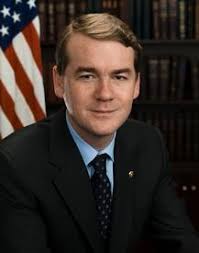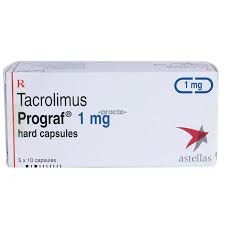By Sue-Ann Wayow
THE majority of citizens in Trinidad and Tobago are still not comfortable with the idea of accepting a Covid-19 vaccine.
This even though vaccines will be approved by the World Health Organization (WHO).
On Sunday, the University of the West Indies (UWI) Faculty of Medical Sciences disclosed information from a recent survey.
Out of 1,101 respondents, 62.3% indicated that they will not accept the vaccine while 37.7% stated that they will, according to Dr Bidyadhar Sa of the faculty.

The event Covid-19: Vaccine Preparedness Virtual Symposium – The Healthcare Worker Edition held at the St Augustine campus featured several presenters including Health Minister Terrance Deyalsingh and Chief Medical Officer Dr Roshan Parasram.
The purposes of the survey were to determine vaccine acceptance and attitudes in the country, to identify factors associated with willingness to take the vaccine and to prepare recommendations to the Ministry of Health that can strengthen its pro-vaccination strategy.
The survey which was conducted using snow-ball sampling via social media websites and emails was conducted from December 27, 2020 to January 11, 2021.

The sample size included 1,101 respondents with 54% being females and 87% being between the ages of 18 to 45.
The main reason, participants gave for not wanting to take the vaccine was concerns with safety with 46.1% giving this answer. Other reasons include: concerns with vaccine effectiveness, rushed timeline and lack of trust.
The respondents also gave recommendations as to how the vaccination process should be rolled out. They said, “Healthcare workers should be the first to receive vaccinations, followed by vulnerable groups and then the general population. Vaccine should be made easily accessible in safe, familiar and convenient locations, such as health centres, mobile clinics, job sites and polling stations. Vaccine should be optional. General knowledge and vaccine awareness campaigns should be launched by health authorities.”
While the Covid-19 vaccination is not mandatory in Trinidad and Tobago, citizens are once again being urged to step forward for the vaccine once it arrives in the country.
Health Minister Terrance Deyalsingh emphasised, “There is no fear from taking your vaccine.”
Deyalsingh said more people have experienced more side effects from popular medication than from the various Covid-19 vaccines that are already in use.
In his brief address at the beginning of the event Deyalsingh said, “There is money to be made in promoting vaccine hesitancy.”
He reiterated that a vaccine in a bottle was not going to assist an individual. “What is going to save you is a vaccine in your arm.”
The Minister added that 2021 can be a much better year for all citizens in Trinidad and Tobago if everyone stepped forward to get their vaccines.
Chief Medical Officer (CMO) Dr Roshan Parasram said that the country was ready to receive, store and distribute the vaccine as plans and measures are already in place.
In describing the process for the vaccines, Parasram said the process included official request to Pan American Health Organisation (PAHO) for vaccine via Office of the CMO, Ministry of Health acceptance of price estimate and provide evidence of payment to PAHO, pre-alert & shipping docs (ETA) and broker engagement and manufacturer/distributor dispatches vaccines to Country/Consignee.
He retained that healthcare workers will be at the top of the list to receive their vaccines, with persons 60 years and over, persons with non-communicable diseases and essential workers being in Phase I and Phase II would be mass vaccination for those over 18 years.

He said that the necessary consumables for vaccination have already been stockpiled in significant quantities including one million alcohol swabs and 1.5 million syringes and health visitors and registered nurses were also undergoing training in the storage, handling and administration of the vaccine.
Parasram stated that a public/private partnership will be formed to administer the vaccine using a “two parallel pathways,” the first being managed directly by the public health sector and the second being managed by the private sector with oversight by the Ministry of Health. Already 23 public health facilities were identified and plans remained in place for the creation of four mass vaccination sites.
An information and communications technology (ICT) system will also be implemented to track the vaccine and ensure accountability and data entry clerks will be trained in the use of the system.
Other speakers included from the department of Preclinical Sciences Dr Christine Carrington, Lecturer in Immunology Dr Carla-Maria Alexander, PAHO/WHO Country Representative Dr Erica Wheeler amongst others.
![]()










